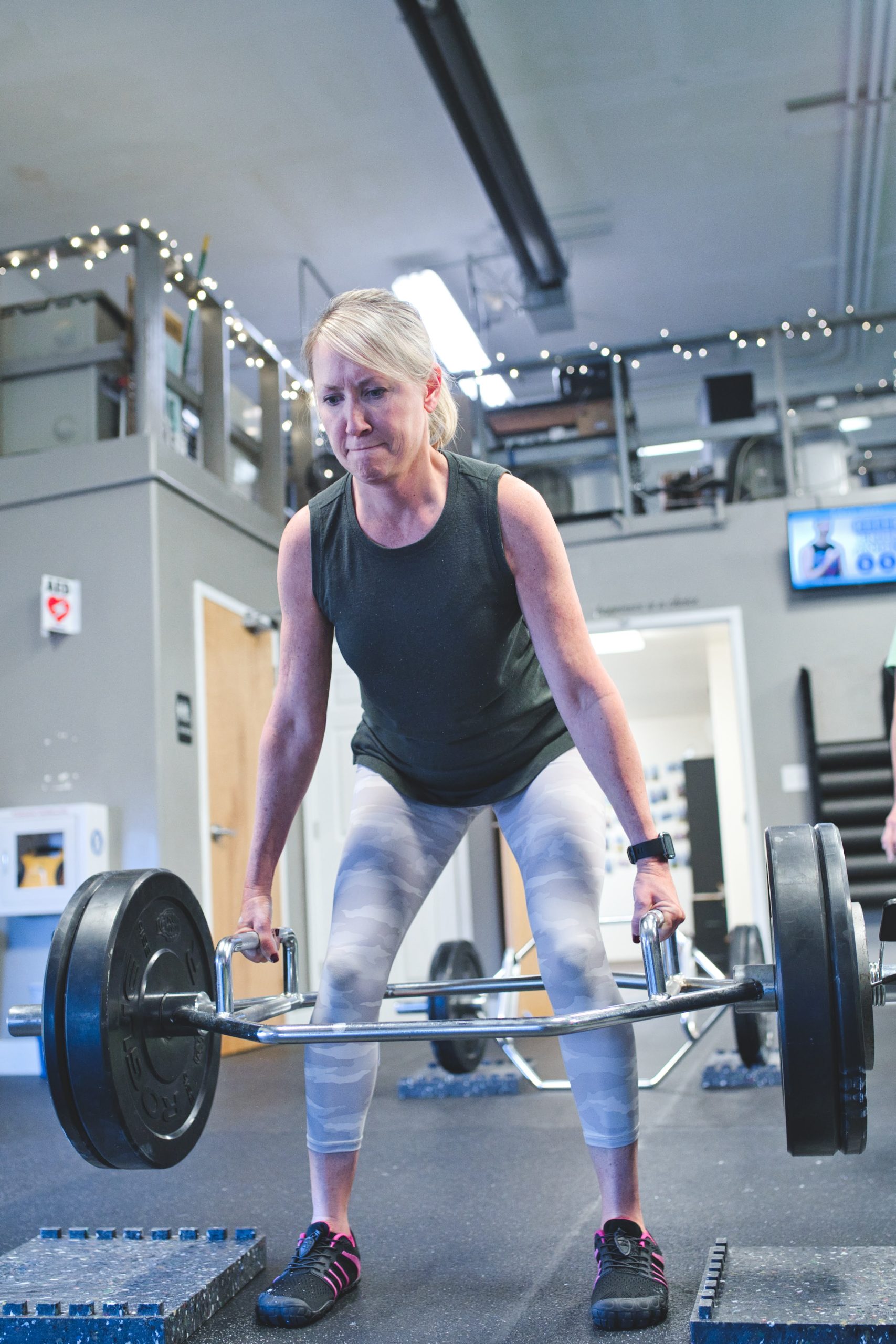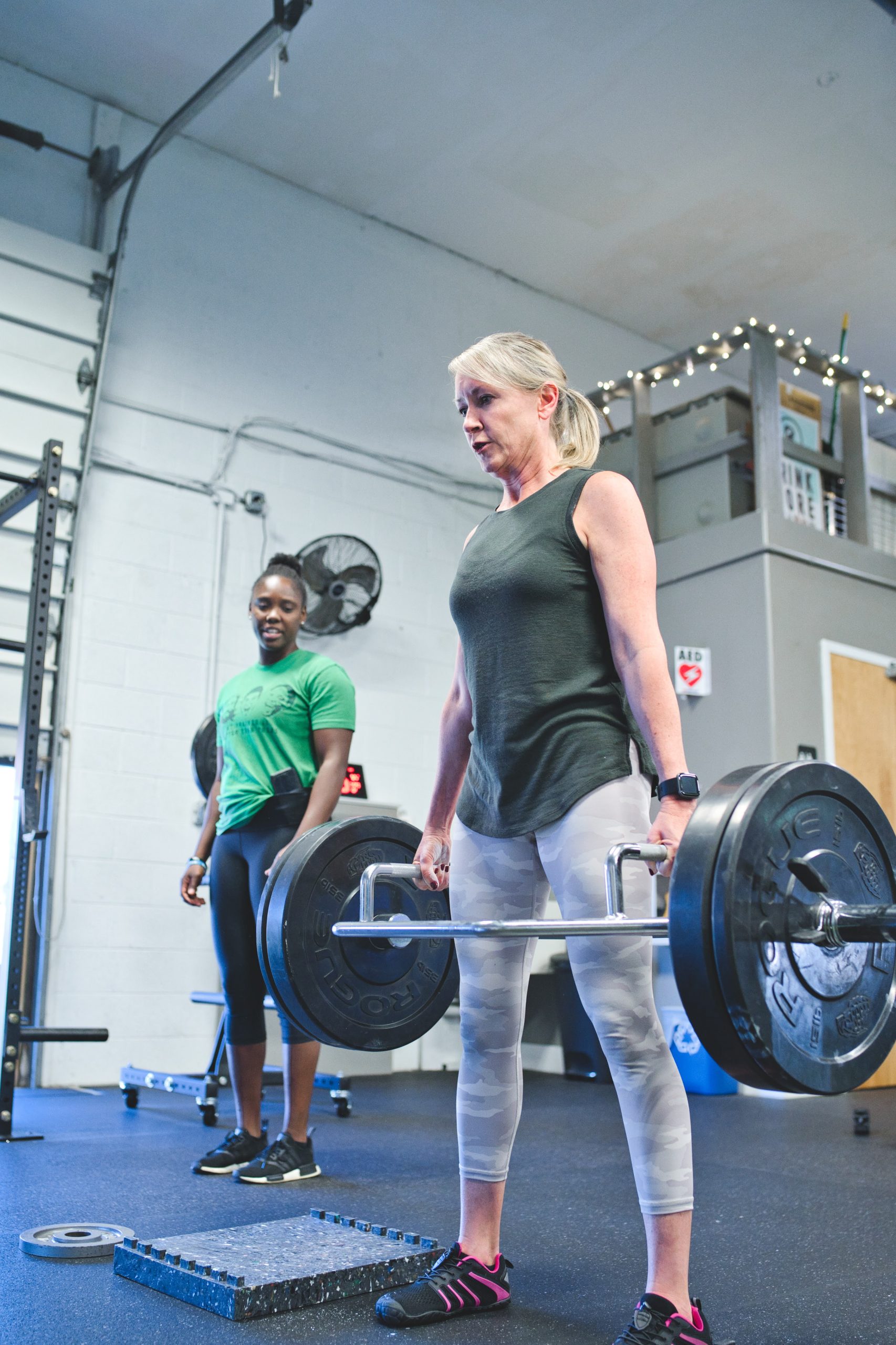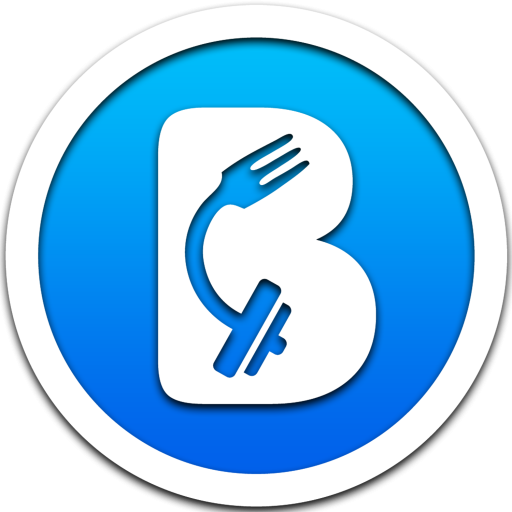Diet and Nutrition Tips from a Dietitian to Help You Achieve Your Workout Goals
What is a Dietitian?
Most of us have either worked with a dietitian, consulted a dietitian, or know someone who has. What you might not know is what they specifically do. If you have any concerns about what is going on in your nutrition or even just learning more about it, dietitians can help.
They often use the information found on a food label or menu to help people determine the nutritional value of their food, the balance of foods they eat, if there’s an imbalance, and how to fix it or better prepare for future meals. A dietitian uses an in-depth and holistic approach to get answers to these questions.
Dietitians are nutrition and food science experts. They assist you in promoting your health through healthy eating habits and functional diets. With their knowledge of how food affects consumers, they can figure you out pretty quickly and see what might be wrong. They also can assess clients’ nutrition and physical activity levels. By reviewing food intakes, dietitians can plan meals that cater to each individual’s needs to maintain healthy habits for both body and mind.

What Led to that Passion for Nutrition
Dietetics is Jen‘s second career. She worked for a financial firm for several years and was fortunate enough to have some time off after her children were born to consider what she really wanted to do with her life. This was when diet became important to her because she had been diagnosed with cervical cancer when she was 28. When she was at that age, she was healthy one day and then told she had cancer that came out of nowhere. Jen’s initial thought was, “how and why?” While there were no concrete answers, she took a close look at what might be causing this and what she can do to avoid it from happening again.
So Jen started looking into her diet, and while it’s not a guarantee because cancer knows no bounds, she looked into the food she was putting into her body to have some control over the issue and perhaps reduce the symptoms. Jen’s mother was diagnosed with ovarian cancer around a year into this feat, and food played a significant role, especially throughout chemotherapy. They were doing everything they could to feed her because she was losing weight and losing the battle. During this time, no one on her mother’s care team provided nutritional counseling or a dietitian. This made Jen realize how important nutrition is, leading her to return to school at the age of 36, and the rest is history.
The Importance of Working with Dietitians
The internet is packed with information about diets for any kind of goal, whether you’re looking to lose some weight or build up your strength. Everyone has a different diet, and it’s up to you to choose the one that will work for you. On the other hand, dietitians like Jen can provide specific nutritional guidance. Customization is extremely important to her. Getting to know the individual is essential, including learning about their medical history, lifestyle, and food preferences. Depending on what her clients tell her, she may have a somewhat different approach for each of them. A dietitian’s profession extends beyond just advising about food items. These specialists know about the food selection, preparation, and nutrition education that goes into having a balanced diet. They know how and why we should eat this or that particular food item.
On Detox Teas and Supplements
Are detox teas and detox supplements really as effective as they claim? In this section, Matt asks Jen’s point of view about all the great detox teas and all the superfoods out there that claim to have these amazing health claims to detox your liver and detox your body from all the toxins.
Jen: It’s not necessary. Your liver is the most resilient organ in your body, and it naturally detoxifies on its own. And suppose there is any data out there like your doctor running labs and looking at your liver enzymes or there are other implications that your liver might not be functioning to the fullest capacity – in that case, there are foods you can eat to enhance detoxification. Blueberries are good, and they’re high in antioxidants. Flax seeds and beets can be helpful to help your liver detoxify. So there are foods that you can include in your diet that support your liver, and then there are things that can be inflammatory or harmful, like too much alcohol or too many processed foods that can work against you.

Tips for Adults over 40s, 50s
For someone over their 40s or 50s and who has been active/semi-active, Jen’s approach would be to first assess whether or not a person is eating the right amount that their body needs. She would have them complete a very brief food or diet diary and assess their caloric needs, what’s their minimum what’s their maximum, and what they need to eat based on their goal, and then assess if they are hitting the target with that.
One thing Jen sees especially for women in the age bracket of 40s, mid 40s, and early 50s is that they may not be eating enough. What we usually read online is to eat less and move more and many who have not been eating enough are still not seeing results with their weight. According to Jen, “underfueling” is going to slow you down metabolically, and adding up to that, you’re already in an age bracket where metabolism is slowing down so the first thing that Jen needs to know is, are they hitting the target with their caloric goals? Are their meals well-balanced which means are they getting some protein? Are they getting the most nutritionally dense carbohydrates in their diet? Are they getting enough fruits, vegetables, whole grains, beans, and legumes? Are they getting high enough fiber in their diet? Are they getting healthy fats in their diet so they walk away from a meal feeling full and satiated versus hungry in two hours or hungry in an hour?
And once Jen has this information, they then figure out the areas where they need to make improvements, discuss how to make modifications to their diet, and find ways to address barriers including how we always tend to have time constraints that keep us away from this healthy eating lifestyle. The key is keeping things simple, and finding something that works for you so that the journey becomes more enjoyable and sustainable.
“Nobody eats perfectly every day, but that’s okay. If you’re like, ‘you know I’m able to cook dinner at home and plan that three nights a week,’ that’s a great start. It doesn’t have to be seven nights a week, but you have to start somewhere and build on where you can begin. That’s kind of where I usually start with clients.” – Jen L.
Keeping Things Simple and Easy
According to Jen, when we come up with simple easy approaches, you’re going to do it more often and enjoy it while you do it. And if you do it more often that means you’re consistent and consistency leads to results and results are motivating. So if you’re motivated, you’re going to continue. If you’re going to make all those changes all at once, it may not be a very positive experience, you’re going to hate it, thus creating a negative mindset and you’re not going to succeed. On the other hand, making things simple and doable create a positive feedback loop where it feels better and better every time you do it.
“Keeping it simple, easy, fun, and practical is the only way that I’ve seen people succeed. The same thing with fitness and the same thing with everything else we do is consistency will always win over intensity.” – Matt A.

On Showing Up Consistently:
“I have times when my goal is to get in here four days a week, and there are definitely times in my schedule that prevent me from doing it, but it’s all right. I’m just going to get in three days. I’m not going to give up, I’m not going to get frustrated, I’m not going to quit. It’s just come in three days, and that’s what I can do, and then when I get back to four, but you don’t want to just stop. I don’t want to lose what I’ve gained in terms of that strength and that progress, so I think the mindset is really important when it comes to that. Don’t let go of the goal, just modify it a little bit to fit your life at that moment.” – Jen L.
Working Out and Nutrition
As a member of Bent on Better, Jen is able to supplement her workout with the proper nutrition. Her background has helped her to know what she can do to really benefit from what she’s doing in the gym. Doing the movements as well as supporting the proper nutrition that goes along with it helped Jen to maximize the benefits of her workout. As a tip, Jen suggested not to work out on an empty stomach especially if you’re doing something like a personal challenge week. So goes with knowing to refuel yourself after a workout to help your body recover.
Wrapping Up
The bottom line is this: reaching fitness goals takes encouragement, dedication, and the help of someone who knows how best to tackle those goals. Consistency is key and a personal trainer can do the trick. Having one-on-one attention from someone who’s familiar with your exact situation can make all the difference in the world.
If you’re thinking about losing weight or getting more fit, make sure that you find a good dietitian to help you with your plans. They’ll be able to create a solid plan tailored to your tastes and needs, and they can track your progress along the way. You deserve to have the best support possible on your journey towards a healthier life, so find someone who will listen to you, understand where you’re coming from, and provide the tools that you need to succeed.
If you’re contemplating something of a place like this but you’re hesitant because you just don’t know if it’s going to be the right fit, just give it a try. Making a change can be scary but sometimes it’s the best thing that you can do and you won’t know unless you try. But in terms of this program in this place, what it can do for you is it can relieve pain, it can improve strength and longevity, and it can help your body achieve its fullest potential. – Jen L. about Bent On Better
Connect with Jennifer Laurence:
Website: www.rightbalancenutrition.com
Instagram: @women.over.40.nutritionist
Watch the Video Here:
